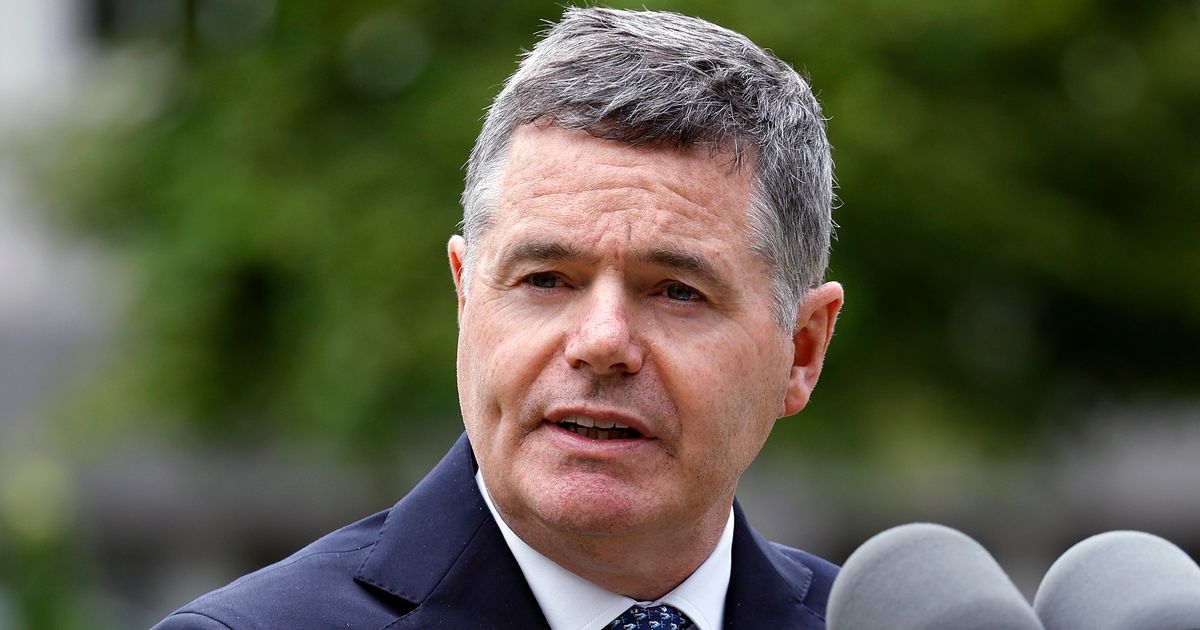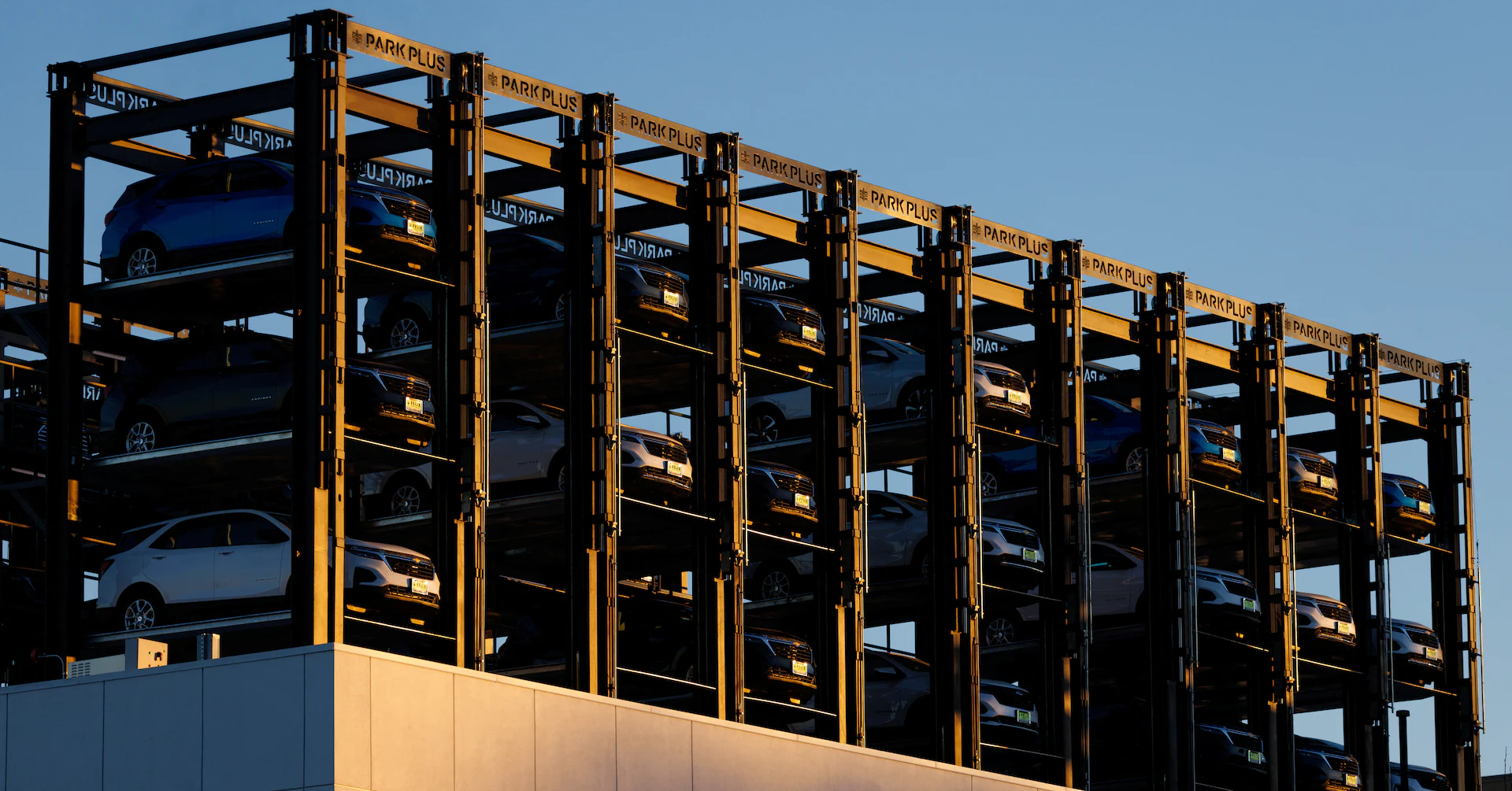By Shauna Bannon Ward
Copyright rsvplive

We are weeks away from the government announcing Budget 2026 and finding out everything people can expect to get.
Minister for Finance, Paschal Donohoe, and Minister for Public Expenditure, Jack Chambers, will confirm the financial package on Tuesday, 7 October 2025.
However, it has been reported that this yearŌĆÖs budget will be unlike previous years.
Cliff Taylor shared on The Irish TimesŌĆÖ Inside Business podcast that the government is looking at middle earners and how they can impact their taxes.
ŌĆ£There are things in the government promising to look at the tax burden on middle earners,ŌĆØ he said.
There is also a focus on Universal Social Charge and potential tax credit changes.
ŌĆ£In previous budgets in the last government, Fianna Fail kind of saw that as ŌĆśtheir thingŌĆÖ if youŌĆÖd like – the USC – whereas Fine Gael were focusing on the tax credits and increasing the point at which you enter the higher income tax rate,ŌĆØ he continued.
ŌĆ£It remains to be seen how that pans out in this budget, but they havenŌĆÖt got a lot of spend in this area, partly because of the money going to cut the VAT rate. ThatŌĆÖs going to be a difficult one, I think.
ŌĆ£I would be surprised if there wasnŌĆÖt rows in that area in the run up to the budget.ŌĆØ
He added: ŌĆ£I see also some reports that Fine Gael is pushing for the Unemployment Benefits not to increase the same rate as pensions and others.ŌĆØ
In Budget 2025, the Personal Tax Credit, Employee Tax Credit and Earned Income Tax Credit were increased by Ōé¼125 to Ōé¼2,000.
The standard rate tax band, which is the amount you can earn before you start to pay the higher rate of tax, was increased by Ōé¼2,000 to Ōé¼44,000 for a single person, with proportionate increases for married couples and civil partners.
The 4% rate of USC was also reduced to 3%, with the entry point for this rate increased by Ōé¼1,622.
It was previously reported that all the one-off payments that featured in budgets over the past few years will be completely removed this year.
Reportedly, there will also be a major reduction in current spending growth as payments that have benefited the average worker by around Ōé¼1,000 each are being pulled back.
These have included double welfare bonuses, child benefit payments and energy credits.



